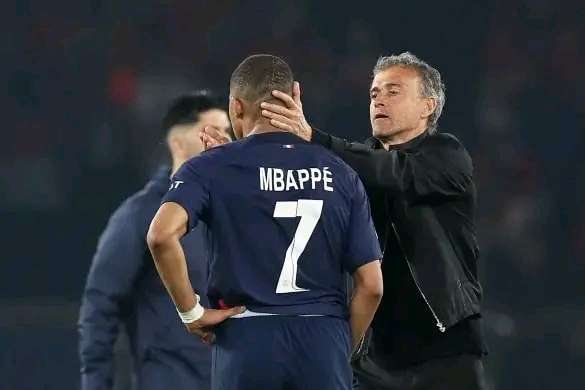The Premier League is poised to implement a new set of financial regulations, set to replace the existing profitability and sustainability rules (PSR). If approved at the league's next annual general meeting in June, these rules will have significant implications for clubs like Manchester United and Manchester City.
Under the proposed framework, clubs will be subject to a squad cost cap, allowing them to spend up to 85% of their revenue on squad-related expenses such as transfer fees and wages. This represents a slight departure from UEFA's regulations, which enforce a 70% cap on club revenue for similar expenditures.
According to Tom Murray, a Sports Lawyer at Mishcon de Reya, these rules aim to control spending and promote financial stability within the league. However, critics argue that such regulations could reinforce existing inequalities and hinder the ability of 'new money' clubs to compete with established powerhouses.
Manchester United and Manchester City, despite their differing financial landscapes, stand to benefit from the proposed regulations. With their substantial revenue streams, both clubs would have more flexibility in squad expenditure under the new rules.
For Manchester United, the PSR constraints were evident during the January transfer window. However, the club's latest financial report showed promising signs, with a net profit of £20.4 million and a significant increase in revenue attributed to Champions League participation.
Meanwhile, Manchester City continues to enjoy financial success, setting a British record with £712.8 million in revenue for the previous season. Despite ongoing legal challenges regarding alleged breaches of financial rules, City's strong financial position positions them favorably under the new regulations.
Ultimately, the introduction of these financial rules underscores the Premier League's commitment to fiscal responsibility and competitive balance. As clubs navigate the evolving financial landscape, the implementation of these regulations will undoubtedly shape their strategies and operations in the seasons to come.














